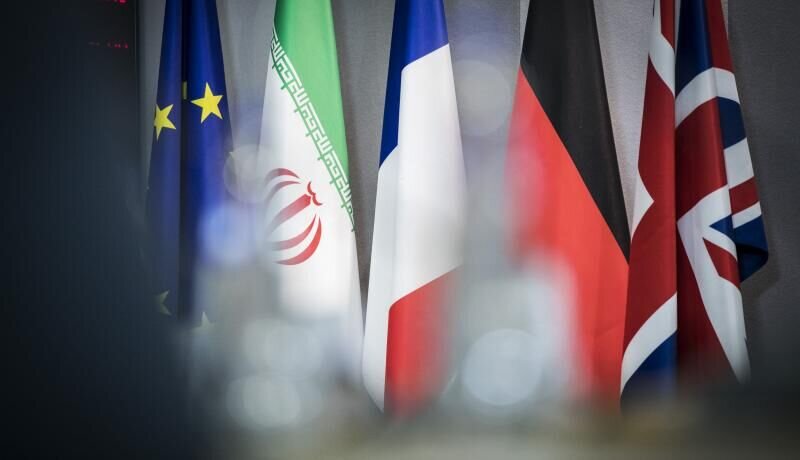The odds are there to be…

Many international political activists remember July 14, 2015, when Iranian Foreign Minister Mohammad Javad Zarif and EU foreign policy chief Federica Mogherini officially announced that Iran and six other countries - Britain, China, France, Germany, Russia, and the United States - have reached a final nuclear agreement. That day, a joint statement was issued in Vienna in which the transcript started with a bold sentence: "Today, is an historic day".
"We have reached an agreement on the Iranian nuclear issue" the statement continued, calling the agreement something "the world was hoping for" which never could have happen without "courage, political will, mutual respect and leadership".
Today, more than five years after that proud statement was released and those happy faces lined up in front of their respective national flag, the only thing which has come true from those words is "leadership", or better said, America's leadership in destroying everything.
Calling this hoped-by-the-whole-world agreement "an awful deal", U.S. President Donald Trump pulled his country out of the agreement. The decision was rejected globally, but thanks to its power and control over almost all European parties to the accord, U.S. rendered the achievement useless. There was no "courage", no "political will", and no such thing as "mutual respect". These notions had all ceased to exist and there was only "leadership" -- a bullying, procrustean, irritating leadership by the U.S. imposing all inhumane measures one can think of.
The very first paragraph of the preface of the nuclear deal or JCPOA (Joint Comprehensive Plan of Action) reads: "The E3/EU+3 (China, France, Germany, the Russian Federation, the United Kingdom and the United States, with the High Representative of the European Union for Foreign Affairs and Security Policy) and the Islamic Republic of Iran […] anticipate that full implementation of this JCPOA will positively contribute to regional and international peace and security." In fact, the very first words all parties came to agree upon were about regional and international peace. Now look at what's going on here.
You must be a West Asian to understand how it feels to live in this region. Wherever you look, you'll see chaos in varying degrees. From Palestine to Iraq, Syria, Yemen, Azerbaijan, Armenia, the eastern part of Kashmir, parts of Africa and elsewhere. And Iran is left alone in the middle of this chaos. Despite the unsettled dust in the region and long-lasting smell of gunpowder in the air, regarding the highest standards of "maintaining national security", Iran is at the edge of what's technically possible. There might be some security breaches time to time, but considering the scenario some countries inside and outside the region are dreaming of, Iran's performance is outstanding.
The idea is simple. In these years of escalating soft war in West Asia, even a failed plan to topple the government in Syria still can have its chances elsewhere. So why not try it on Iran? Here is where "regime change" blooms within that dust. But that plan has gone sideways ever since. Helping Syria to sustain its legitimate government was a game changing strategy successfully managed by Iran despite all the odds. This strategy kept the civil war far away from Iranian borders. So, despite all the hell that had broken loose in the region and the U.S. had unleashed its regional dogs to embark and operate the symphony of blood and religion, Iran and its allies were strong enough to get the best out of their security mechanisms and power levers.
This is astonishing, and yet horrifying. Astonishing because Iran has managed to survive the full-scale economic war and its ability to make it through the last days of American supremacy. Diplomatically, Tehran has pushed the ability of this country to its limits. The U.S. is taking the mask off once again and most probably for the las time. Once in the past, the U.S. knew from where to attack and from where to predict the counter-attack. This is not the case anymore. The U.S. might know from where to attack, but it has no idea where the counter-attack would originate. In fact, the U.S. is the horrified side of this equation, not the other side because the odds are there to be…
